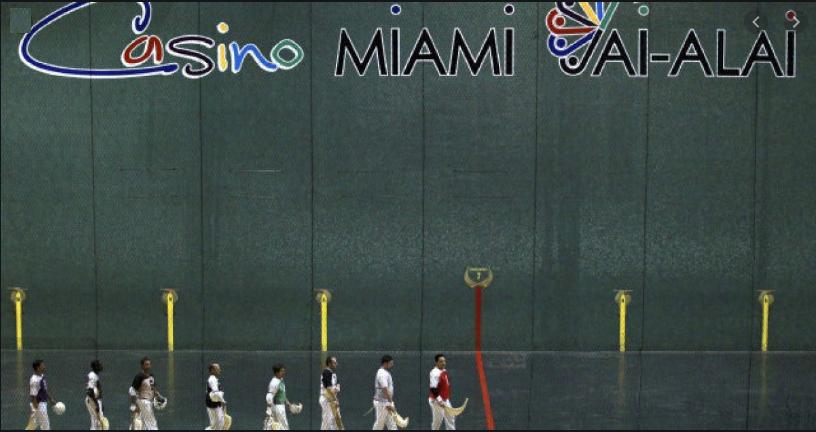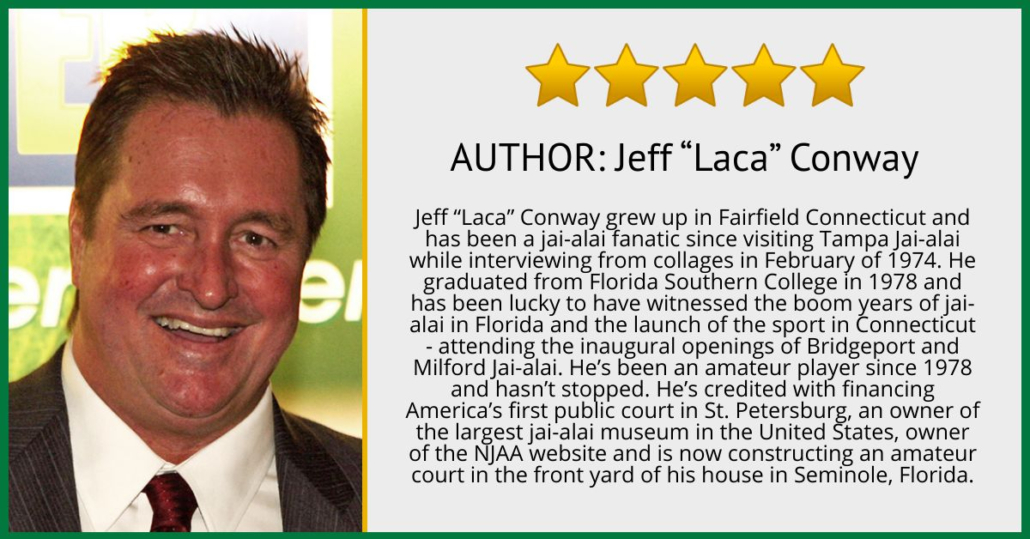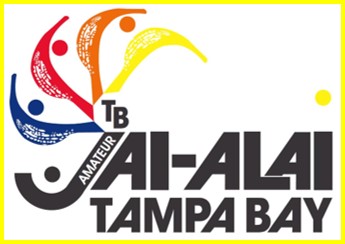Decoupling of Jai-alai Bill Proposed

By Jeff “Laca” Conway
The dreaded word that starts with the letter “D” is back.
The decoupling issue has come up again but this time it is being proposed outside of any proposal or deal that would include the Seminole Tribe and Sports Betting. That issue has been a big “Bermuda Triangle” of trouble for legislators and has stalled any possible over the past few years. But this proposal is an “a la carte” version that is on its own and passage has a better chance than it has in the past. But, once again, with just 3 weeks left in the session, approval by the full Senate and House may be difficult for four reasons:
Its late in the 60-day legislative session to be bringing up something new
The bill does nothing to solve the major gambling pact issue with the Tribe (costing the state about $350 million a year)
There are far more important issues to deal with during a pandemic than this one
It does not generate any income for the state such as allowing for the approval of sports gambling
The bill under proposal
It’s no secret that the owners of parimutuel facilities in Florida have been lobbying for the abolishment of running jai-alai, greyhound racing and horse racing to keep their more lucrative versions of “gaming” alive such as their poker rooms and designated-player games. In Broward and Miami-Dade counties, this would include slot machines. Dog racing already was decoupled by a public referendum over the claim of animal cruelty and the last dog race was held seconds before midnight this past New Years Eve.
On Monday afternoon, Senate President Wilton Simpson is presenting three bills to be heard by the Senate Regulatory Industries Committee to attempt to “modernize” and industry that has been shifting for generations by creating a new regulatory structure and allowing casinos to operate card games without running harness or quarter-horse races or jai-alai games. This is known as the dreaded “D” road jai-alai fans have been hearing for nearly a decade now.
In a memo that was sent out to his colleagues, Simpson outlined blueprints on how they will attempt to breathe life into the ongoing gaming saga which may or may not include a new agreement with the Seminole Tribe. Florida governor Ron DeSantis has been in talks with the Tribe looking for a new agreement that would bring in significant lost revenue to the state. That lost total over the past three years is approaching a billion dollars. Yes, that is a “B” as in Billion Dollars. The Tribe stopped paying the state around $350 in annual revenue sharing after the governor refused to crack down on on parimutuuels operating the “designated-player games”. How this works is another story, but basically a loophole in the law where the “bank” is supposed to revolving among the players. A high coiurt ruling said that because the state had allowed the Tribe’s competitors to operate the games, they were violating the gaming compact. In that compact, the Tribe is supposed to have the exclusive ability to offer blackjack.
Simpson, in a memo to Senators, acknowledged they have had difficulty in getting a comprehensive gaming bill passed for the past decade. “Florida is a diverse state and our Senators and constituents have many different opinions, beliefs and convictions, regarding gaming. The fact remains, gaming is a voter-approved industry that has contributed billion of dollars to our economy for education, health care and infrastructure, while proving hundreds of thousand of jobs to Floridan over the course of nearly 100 years. He said it was time to update Florida’s gaming enforcement “which is now decentralized among Florida’s cities and counties, primarily left to local law enforcement.” He’s likely referring to the numerous computerized slot machine rooms still being operated across the state in rural areas.
DeSantis told reporters in March that he was open to negotiating a new deal with the Tribe while adding “but at the same time, we are not in position where we’re desperately needs additional revenue.” On March 18th, he told twenty (20) top officials of Florida’s casinos, poker rooms, horse tracks and jai-alai facilities were getting close to a gaming compact, but in the weeks that followed, progress has stalled. The State had offered to allow the Tribe to offer mobile sports betting while allowing the state’s existing horse and jai-alai frontons to license betting operations. However, the talks have stalled according to several people that are close to the negotiations. The stumbling block if over how to split the proceeds over sports betting and the parimutuel industry, whether or not to allow the Tribe to establish additional facilities and whether to allow parimutuels to continue operating designated-player games.
Translation = Don’t look for a settlement anytime soon with the Tribe.
Simpson is bringing up three bills. One of them – Senate proposal SB-7080 would allow facilities to discontinue jai-alai, harness quarter-horse racing in order to keep the card games going. Only the thoroughbred race tracks – Gulfstream Park and Tampa Bay Downs – would be required to operation live racing. The Tribe is not objecting to the decoupling issue.
If any of the bills make it through the Senate, they must also pass in the House. But House Speaker Chris Sprowls has said he is willing to help Simpson with this goal, but that he does not consider it a top priority. He told reporters in March that in his six years in the House, no gaming bill has ever passed because there are so many interlocking parts involving competing interests.
Any decoupling would certainly shut down Miami, Ft. Piece, Ocala, and Calder jai-alai. Dania has an agreement with the players, so that is unknown. Magic City is free to shut down whenever they want because they were grandfathered in as a greyhound track.
Pelota Press odds:
5-2 this won’t pass in time.










